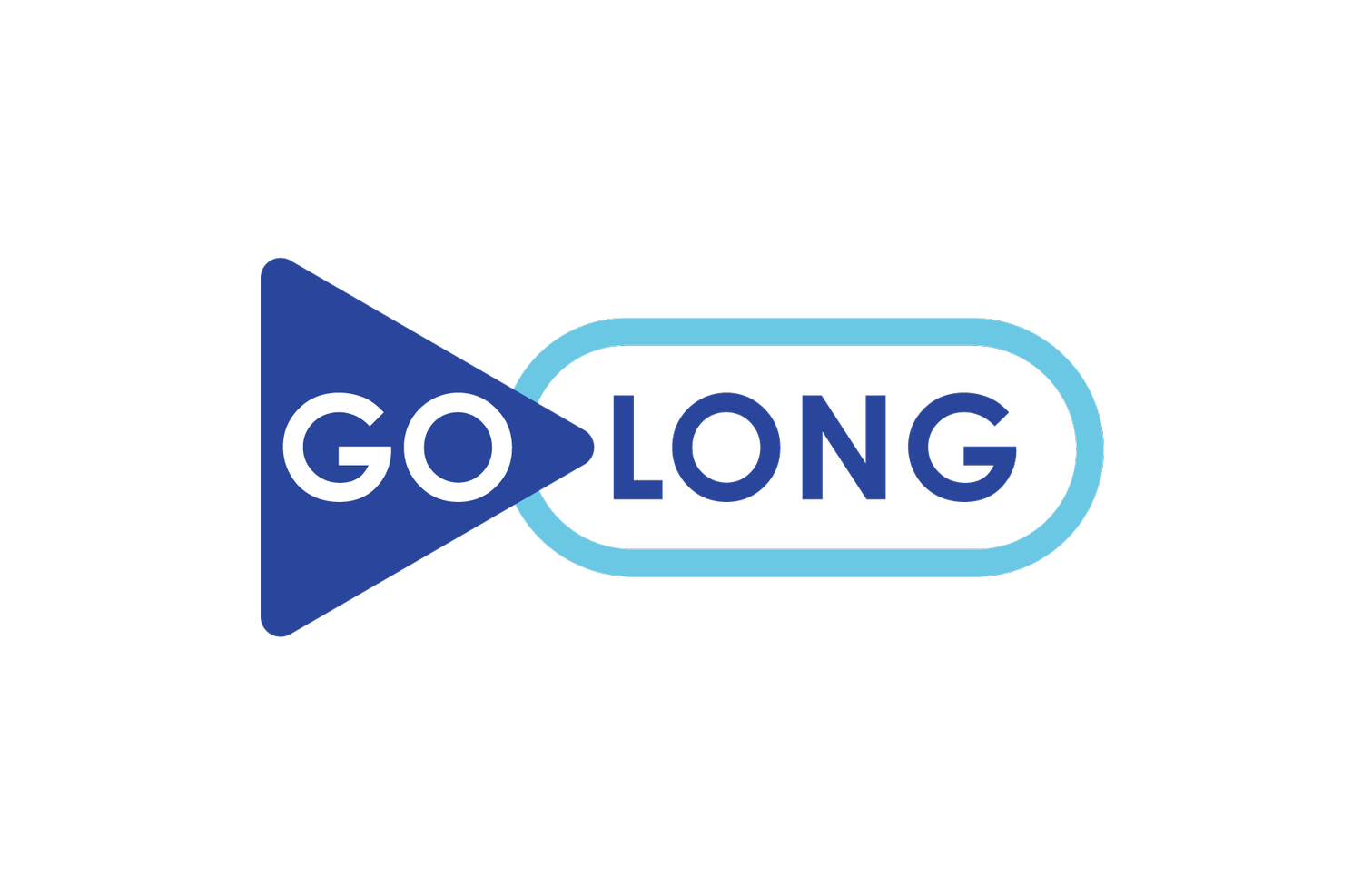Missed opportunities cost more than mistakes
[Estimated reading time: 4 minutes, 24 seconds.]
In navigating the realm of decision-making, distinguishing between mistakes and missed opportunities is pivotal, as both can yield suboptimal outcomes.
Mistakes, which we all make, signify errors in judgment or action, resulting in undesirable consequences. While vexing, they offer fertile ground for learning, aligning with Carol Dweck's notion of a “growth mindset”. This mindset champions the belief that intelligence and abilities evolve over time through dedication, effort, and perseverance—a tenet echoed in Go Long's approach to clients.
This is also known as “doing the work”.
On the other hand, missed opportunities are chances we didn't grab. They happen when we don't take advantage of possibilities that have a decent chance of succeeding. Just like we reflect on mistakes, we also need to think about why we missed these chances.
Annie Duke, renowned author of "Thinking in Bets," delineates the pathway towards leveraging missed opportunities:
Cultivating awareness
Scrutinizing decisions
Embracing the learning curve
Making adjustments
Fostering mindfulness and adaptability
Seize The Day — John Keating of Dead Poets Society (RIP Robin Williams)
By seizing the day, you can discover valuable insights about yourself, strengthen your decision-making acumen and continue to build that growth-oriented mindset.
Mistakes along the health journey are generally easy to learn from and to recover from. While you may lose time with mistakes, you’ve experimented and learned something has either worked or not. You can then iterate.
As time goes by, the opportunity cost of not taking an action is more expensive. You don’t have the benefit of information to help you know what works for your body and you have wasted time that you cannot get back.
Why Missed Opportunities Are More Costly When It Comes To Your Health
As stated above, making mistakes is part of the process as you work towards achieving a goal. I’m fairly certain that everyone reading this post has been able to learn from their mistakes.
When you don’t take a chance on pursuing an opportunity, it’s hard to get that chance back. This is something I discuss with groups, sales calls and in 1:1 sessions with clients.
We all have limited time. Even if we optimize for 100% convenience as much as possible, we still have a finite amount of time. It’s currency and how we all choose to spend it varies from person to person.
When you’re not in good health, it leads to decreased productivity due to:
Fatigue
Lack of focus
Reduced cognitive function (and with ‘brain fog’ for perimenopausal folks, no one needs more of this!)
Time spent battling these effects is time lost that could have been used productively to be more present for the people in your life or just getting shit done.
Ignoring your health can lead to chronic illnesses and conditions that require prolonged treatment and recovery periods. So the time spent on those activities takes away from you pursuing your passions and your goals. You know this.
Taking a Step Back to Move Two Steps Forward
In these discussions with groups, prospective clients and clients, much of what I’m talking about is creating space for something else.
I know. This is exactly what you don’t need. You’re likely already overwhelmed and feeling burnout (more on this topic to come soon).
Stay with me…..
What if you were able to seize an opportunity to invest in yourself today, which helps your tomorrow? So you didn’t have that regret of not doing it sooner.
You can’t turn back time. None of us can.
But we can learn from our mistakes and others. For example, perhaps your parents have a nice nest egg for retirement but they are unable to travel because of their health?
Go Long likes to tell people that Rome is not ADA-friendly.
Well, it isn’t. 🤷🏻♀️ The charter busses can only take you so far but you have to navigate cobblestone streets, uneven sidewalks and lots of stairs.
Here’s the thing.
You are always going to have an excuse to NOT invest in your health. Some other need will always be more pressing than making space to workout. It could be work, your partner, your children, your parents, household stuff, etc.
That’s where Go Long can help. I’m working with a VP of Finance now who is dealing with “all of the things”. But we’re taking it one step at a time with a combination of:
Micro-accountability texts to keep them on task with distractions that trip them up on a daily basis.
Helping them identify some external service providers to help with dealing with estate planning for their parents and long-term health insurance in another state. This has enabled them to create space for exercise.
Meeting with them on a regular cadence to assess what’s working, what isn’t working (meh, those pesky mistakes!) and what they want to focus on going forward (ooh, opportunities!).
Mistakes along the health journey are generally easy to learn from and to recover from. While you may lose time with mistakes, you’ve experimented and learned something has either worked or not. You can then iterate.
As time goes by, the opportunity cost of not taking an action is more expensive. You don’t have the benefit of information to help you know what works for your body and you have wasted time that you cannot get back.
Don't be wistful about missing that opportunity around investing in yourself!
Carpe diem!

